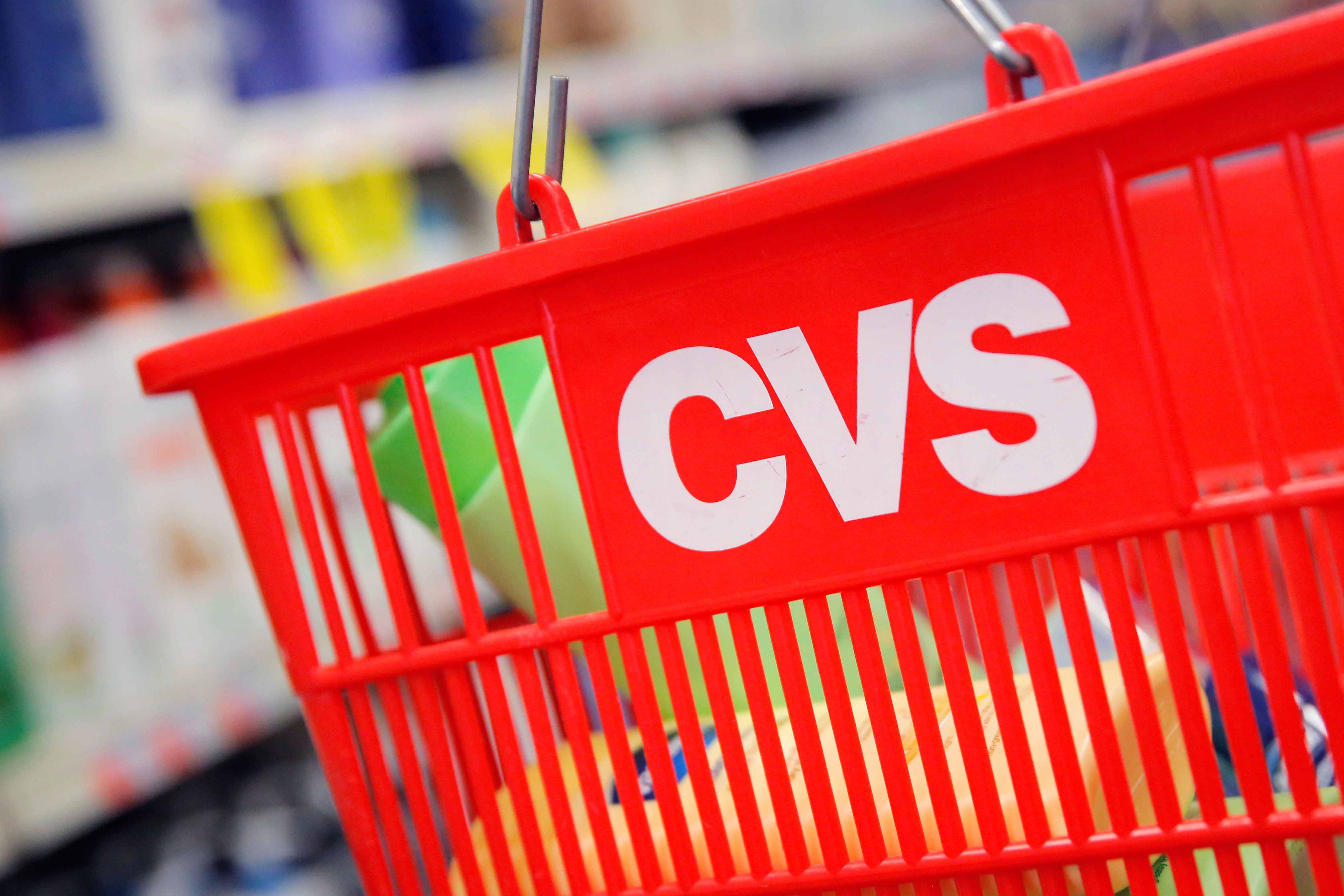Will the CVS-Aetna merger lower prices?
CVS hopes to use its tie-up with Aetna to become a medical hub

A free daily email with the biggest news stories of the day – and the best features from TheWeek.com
You are now subscribed
Your newsletter sign-up was successful
The smartest insight and analysis, from all perspectives, rounded up from around the web:
A megamerger unveiled this week "could shake up the health-care industry," said Carolyn Johnson at The Washington Post. Drugstore titan CVS is buying Aetna, the nation's third-largest health insurer, for roughly $69 billion. If approved by regulators, the "blockbuster acquisition" would create "a giant consumer health-care company with a familiar presence in thousands of communities." CVS hopes to use its tie-up with Aetna to become a medical hub, with its 9,700 retail stores and 1,100 walk-in clinics providing primary care and basic procedures, and the massive amounts of data from Aetna's 22 million members leveraged to "manage all aspects of a patient's health." The impetus for this deal "largely comes down to Amazon," said Chris Morris at Fortune. Amazon recently won approval from 12 states to become a wholesale prescription drug distributor — a development that could upend the pharmacy business in the same way Amazon has disrupted retail, books, and cloud computing. Combining with Aetna now would allow CVS to "remain competitive" if the e-commerce giant enters the market.
The companies say this merger will "improve your health care," with cheaper drugs, more options, and better convenience, said Reed Abelson and Katie Thomas at The New York Times. "Whether this rosy future will become reality, however, is far from certain." Both companies are already major health-care players, and "if they wanted to change the world," its critics wonder, "why haven't they done so already?" Granted, the merger could give the combined company more leverage in negotiations with drug manufacturers, which could result in lower prices for employers and consumers. But Aetna's largest competitor, UnitedHealth, owns a pharmacy benefits manager just as CVS does, and "drug prices have continued to rise." This merger "isn't being driven by a desire to help ordinary Americans manage their health-care costs better," said Michael Hiltzik at the Los Angeles Times. "It's driven by the desire to fend off scary new competitors in the health-care industry."
The Week
Escape your echo chamber. Get the facts behind the news, plus analysis from multiple perspectives.

Sign up for The Week's Free Newsletters
From our morning news briefing to a weekly Good News Newsletter, get the best of The Week delivered directly to your inbox.
From our morning news briefing to a weekly Good News Newsletter, get the best of The Week delivered directly to your inbox.
Yet the CVS-Aetna union could "actually make treatment simpler and easier" for many Americans, said Linette Lopez at Business Insider. CVS has "a ton of brand familiarity," and turning brick-and-mortar stores into treatment centers could help patients get care faster and more often. You can imagine pharmacists and nurses monitoring patients who were recently released from the hospital, reviewing and managing their medications and helping keep them from being readmitted, "a major, avoidable cost in health care." If the deal receives antitrust approval, which seems likely, it will be "a watershed event" in the industry, said Emily Stewart at Vox. It could set off a wave of mergers affecting "what you pay for prescription drugs and how businesses buy health insurance." Even a small number of tie-ups will lead to a market with fewer, more powerful players, making it harder for new firms to break in. That would be no coincidence, considering "the looming threat" of Amazon.
A free daily email with the biggest news stories of the day – and the best features from TheWeek.com
-
 What to know before filing your own taxes for the first time
What to know before filing your own taxes for the first timethe explainer Tackle this financial milestone with confidence
-
 The biggest box office flops of the 21st century
The biggest box office flops of the 21st centuryin depth Unnecessary remakes and turgid, expensive CGI-fests highlight this list of these most notorious box-office losers
-
 What are the best investments for beginners?
What are the best investments for beginners?The Explainer Stocks and ETFs and bonds, oh my
-
 The pros and cons of noncompete agreements
The pros and cons of noncompete agreementsThe Explainer The FTC wants to ban companies from binding their employees with noncompete agreements. Who would this benefit, and who would it hurt?
-
 What experts are saying about the economy's surprise contraction
What experts are saying about the economy's surprise contractionThe Explainer The sharpest opinions on the debate from around the web
-
 The death of cities was greatly exaggerated
The death of cities was greatly exaggeratedThe Explainer Why the pandemic predictions about urban flight were wrong
-
 The housing crisis is here
The housing crisis is hereThe Explainer As the pandemic takes its toll, renters face eviction even as buyers are bidding higher
-
 How to be an ally to marginalized coworkers
How to be an ally to marginalized coworkersThe Explainer Show up for your colleagues by showing that you see them and their struggles
-
 What the stock market knows
What the stock market knowsThe Explainer Publicly traded companies are going to wallop small businesses
-
 Can the government save small businesses?
Can the government save small businesses?The Explainer Many are fighting for a fair share of the coronavirus rescue package
-
 How the oil crash could turn into a much bigger economic shock
How the oil crash could turn into a much bigger economic shockThe Explainer This could be a huge problem for the entire economy